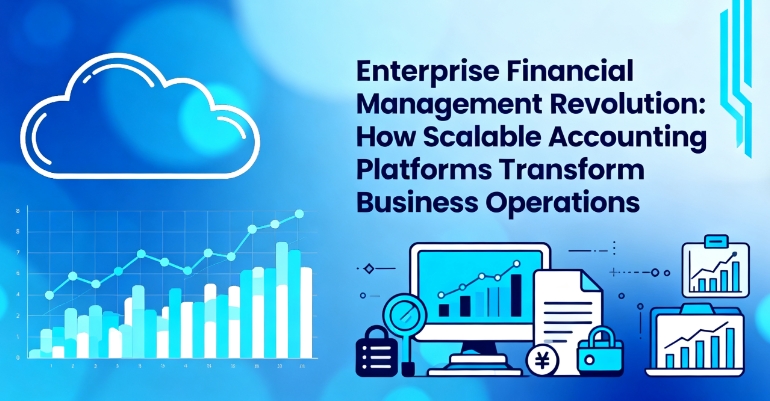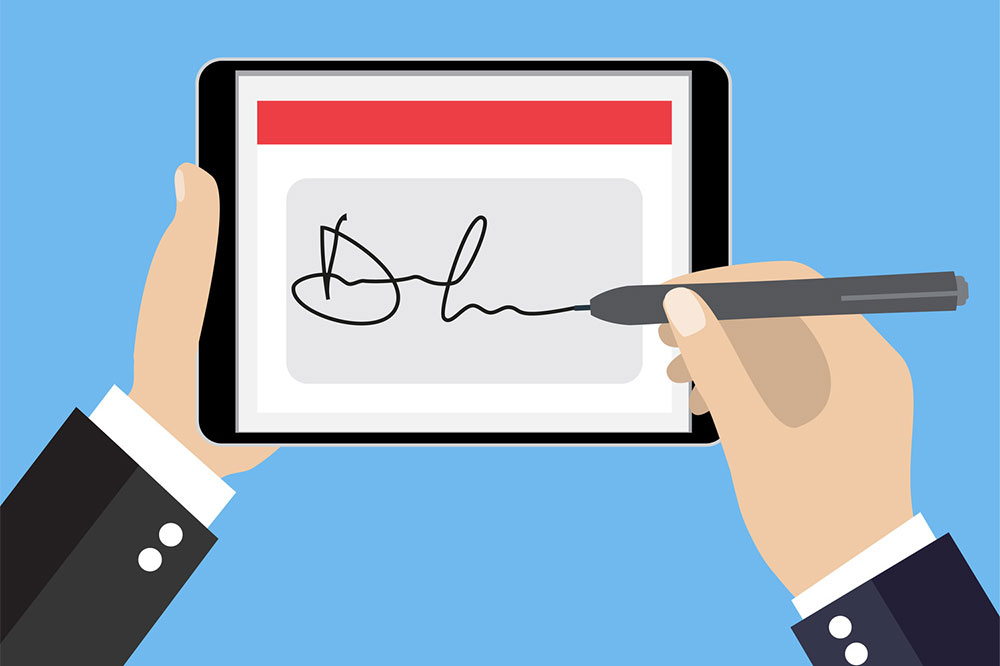Essential Guide to Selecting the Right Legal Billing Software
Discover practical tips for choosing the right legal billing software to streamline your law firm's billing, improve productivity, and enhance client satisfaction. This guide covers essential features, compatibility checks, user-friendliness, trial options, and research tips to help attorneys make informed decisions efficiently.

Essential Guide to Selecting the Right Legal Billing Software
Law firms have unique operational needs, such as precise time tracking and compliance with legal standards. Automating billing processes with specialized software reduces human error, streamlines workflow, and enhances efficiency. These tools help manage billable hours, client accounts, and generate detailed reports, saving time and money. Selecting the appropriate legal billing software involves careful evaluation of various features and compatibility.
What is Legal Billing Software?
Legal billing software is tailored for attorneys and law firms. It can be installed locally or accessed via cloud platforms, designed to facilitate accurate invoicing, time management, and client data handling.
Law firms often spend considerable time in meetings, calls, and case discussions. Legal billing software aids lawyers in tracking billable hours efficiently. Features such as project segregation, invoice customization, detailed reporting, and work delegation improve professionalism, optimize time management, and reduce costs. These tools are vital for enhancing productivity and client satisfaction.
Tips for Choosing the Ideal Legal Billing Software
1. Focus on User-Friendliness
The software should be intuitive for all users, including non-technical staff, lawyers, and clients. Providing training and considering user age can improve adoption and efficiency.
2. Match Features to Firm Needs
Select software with features that enhance productivity, such as time tracking, calendar integration, document sharing, and automated workflows. Advanced options like AI-driven insights and automation may also be beneficial. Assess your firm's specific requirements before opting for customized solutions.
3. Check Compatibility and Integration
Ensure the new system integrates smoothly with existing software, especially accounting tools, to avoid workflow disruptions.
4. Consider Client Preferences
Understand client payment preferences—online portals or traditional methods—and verify if the software supports these channels.
5. Utilize Free Trial Periods
Many providers offer trial versions. Testing the software for 10 to 30 days helps assess its suitability before committing.
6. Explore Available Free Features
Some software offers free plans with basic features suited for small or solo practices. Check for limitations and data security aspects before relying solely on free options.
7. Research Online Options
Use search engines, legal forums, and trusted review sites to identify reputable software providers. Reading user reviews and community feedback can reveal important insights about features and limitations.
Note:
This article offers general guidance on selecting legal billing software to improve efficiency and accuracy. Always evaluate options based on your firm's specific needs, and consider trial periods before making a final choice. For comprehensive decision-making, consult multiple sources and professional reviews.









